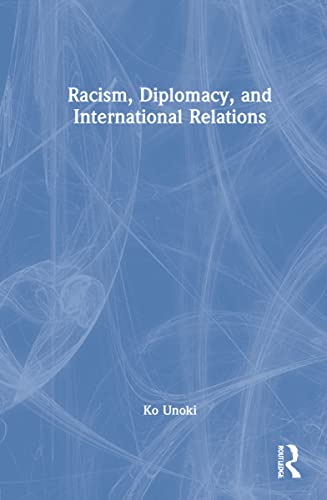

Most ebook files are in PDF format, so you can easily read them using various software such as Foxit Reader or directly on the Google Chrome browser.
Some ebook files are released by publishers in other formats such as .awz, .mobi, .epub, .fb2, etc. You may need to install specific software to read these formats on mobile/PC, such as Calibre.
Please read the tutorial at this link: https://ebookbell.com/faq
We offer FREE conversion to the popular formats you request; however, this may take some time. Therefore, right after payment, please email us, and we will try to provide the service as quickly as possible.
For some exceptional file formats or broken links (if any), please refrain from opening any disputes. Instead, email us first, and we will try to assist within a maximum of 6 hours.
EbookBell Team

5.0
90 reviewsUnoki addresses the significance of racism in international relations by focusing on its conception as a doctrine and its interrelationship with imperialism; its doctrinal role in the development of the discipline of International Relations (IR); and various episodes from Western and Asian history in which racism had affected state behavior and the practice of diplomacy.
The creation of empires that oppressed indigenous peoples, the two World Wars and the campaigns of ethnic "cleansing" and genocide that accompanied these wars and other conflicts, and international movements calling for the elimination of racial discrimination, attest the impact racial prejudice, or racism, has had on international relations. Despite this history, racism’s relevance is seldom mentioned in IR courses offered in universities or in IR textbooks. Instead, IR scholars have often explained the behavior of states using the framework of theories that highlight variables and themes such as power, fear, and the search for security in an anarchic world. Unoki demonstrates that racism has not only substantially influenced the course of international relations, but that it continues to do so in the 21st century, making it imperative that policymakers are aware of racism’s deleterious legacy.
A vital resource for students, policymakers, and those who are interested in building a more tolerant and just world.